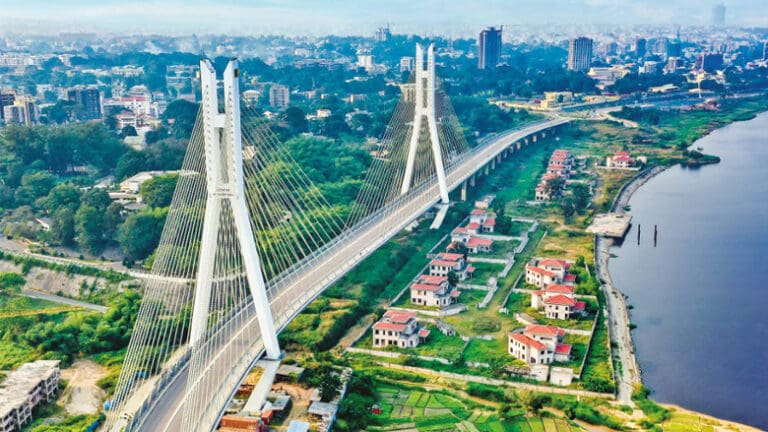However, the country continues to face significant challenges, including rising inflation, food insecurity, and widespread poverty.
The report highlights the critical role of Congo’s vast forests in sustaining the economy and mitigating climate change. Despite successful efforts to curb deforestation, the country requires additional financial support to achieve its climate goals.
To balance environmental protection with economic growth, the World Bank recommends implementing fiscal incentives that reward sustainable forestry practices. By adopting measures like the “bonus-malus” system, Congo can generate revenue while safeguarding its valuable forest resources.
Congo’s economy is recovering, with projected GDP growth of 3.5% in 2024. Inflation and food insecurity are on the rise, affecting a significant portion of the population. Congo’s forests play a crucial role in climate change mitigation, but require increased financial support. Implementing fiscal incentives for sustainable forestry is essential for long-term economic growth.
The World Bank emphasizes the need for comprehensive strategies to address the multifaceted challenges facing Congo’s forestry sector. By adopting innovative policies and seeking international cooperation, the country can unlock the full potential of its natural resources while ensuring a sustainable future for its people.
ABJ/APA


